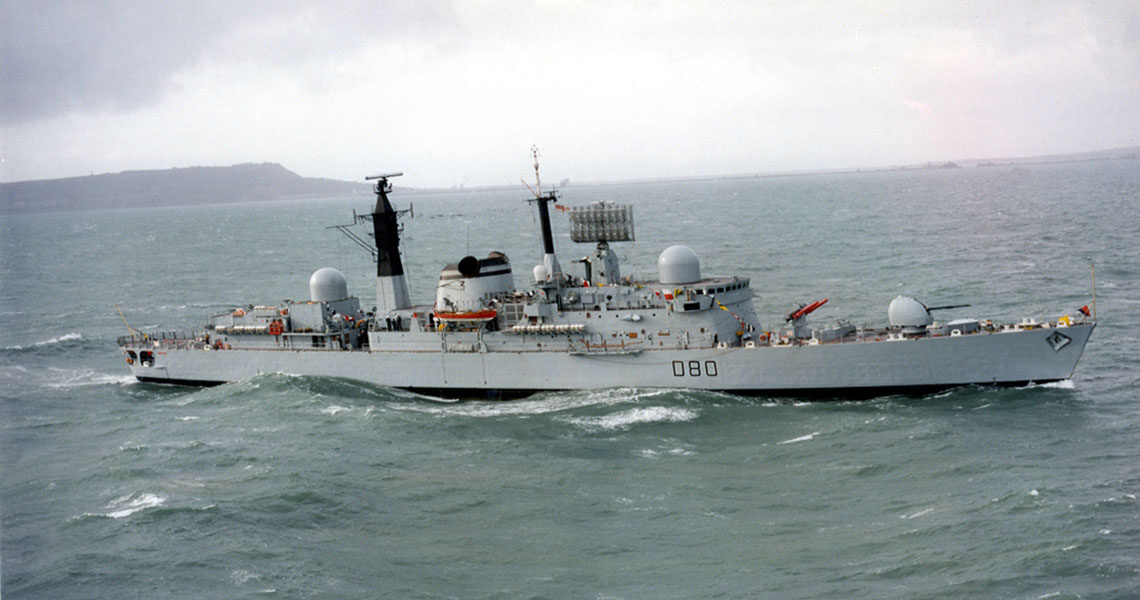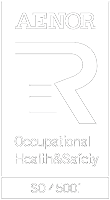In the aftermath of disasters involving high numbers of fatalities, the authorities rake through the ashes to find causes and, in some cases, blame. Part of the process invariably involves a promise to learn lessons to make sure we never see a repeat. And yet – the repeats happen. The circumstances of each aren’t always an exact match, but these learnings, if effectively shared and properly enforced, have the potential to be a workable front-line defence – and the difference between life and death.
Forty years ago, in the early 1980s, Britain was at war. Then the fighting was with Argentina – over the sovereignty of the Falkland Islands. The British claim to sovereignty dates from 1690, and the United Kingdom has exercised de facto sovereignty over the archipelago almost continuously since 1833. The sinking of the battleship HMS Sheffield – the result of a direct hit by an EXOCET missile – in May 1982, her loss broadcast on TV, had as big an impact on the British as the attack on the twin towers (and The Pentagon) did on the American people. So the Government’s plans to move forward with a strategic defence review would do well to consider the real impact of defence spending cuts before reaching concrete decisions. Cutting costs has a cost, and when the cost is in human life, it is too expensive to contemplate.
Tratos has always been about quality and innovation. Performance and protection are by-words for every new cable it develops. Tratos manufactures defence and marine cables, including fibre-optic cables and components. It delivers power, control and signalling functions for a range of international applications and has been involved in the development of numerous modern military cable constructions. It remains at the forefront in the development of the material technologies used and holds Italian and European defence approvals for both its copper and fibre ranges. It has NATO approval for many of its products and remains a market leader in field-deployable fibre-optic cables, copper cable, and high-performance defence cable. But, within each and every one of its cables, cables designed to protect those who defend us, throughout a range of applications used by defence forces, one element of the process remains unchanged – building performance and protection into every single product.
So, back in Spring of 1982, a missile struck the Sheffield at 2 Deck starboard between the Galley and the Forward Auxiliary Machinery Room and Forward Engine Room. A second missile missed and ditched close by as an Argentinian launch aircraft flew down the ship’s head, potentially reviewing the scene. What the aircraft’s pilot would have seen was a 15 x 4-foot hole in the ship’s side, although the warhead did not detonate. Large fires broke out immediately and acrid black smoke spread through the centre of the ship and rose up towards the Bridge. The smoke forced evacuation and a report of the catastrophic event proposes that missile propellant and burning diesel were its main source which also served to completely disable the ship’s fighting capacity. There began a heroic battle to curtail the spread of onboard fires made more difficult by some of the mistakes and oversights that added thick, choking smoke – cutting off visibility and breathing – to the mix. Did the men on board that ship have everything they needed to fight for their lives and save Sheffield? Has the ship’s spec been carefully examined to make sure that every safety element that could buy time and save lives has been considered and implemented?
On the day smoke clearing efforts produced little effect. The ship’s Fireman had been breached on impact resulting in an immediate loss of pressure and compromised fire pumps. The primary means of tackling the fire was effectively gone, leaving portable pumps, men and buckets against fires raging inside the severely damaged ship. Those attempting to fight the fires on board were driven back by heat and smoke while sister battleships rounded on the Sheffield, spraying gallons of water onto the stricken vessel. Twenty officers and ratings died. Some were killed on impact, others were asphyxiated. Twenty-six were injured. The ship was abandoned as fires continued to blaze on, belching toxic smoke for a further two days. Throughout the ship remained afloat and upright. Deteriorating weather finished the vessel as she began to ship water through her breached infrastructure and, despite efforts to tow her to safety, eventually rolled over to starboard and finally sank in about 1,000 fathoms.
Tratos’ cables for Missiles; Equipment Wires/Limited Fire Hazard; Airframe Wires/Humidity Resistant/PTFE Composite; Radio Frequency/Low Fire Hazard; ESM/ECM systems; Fire guidance control; Weapon Systems; Engine compartments; Reactor compartments; Fire survival systems; Communications; Surface ships and submarines; Towed arrays and Mine detection continue to uphold the highest levels of safety and performance.
The latest generation of Defence cables combine tried and tested manufacturing techniques with state-of-the-art technology to create cables of phenomenal strength and flexibility. Tratos is proud to partner our forces and play a part in keeping them safe. While they are defending the UK, Tratos is protecting them. Safety is a tiny proportion of the defence budget. Now is not the time, and defence equipment is not the place to buy cheap products. For cable to be the real deal for the armed forces, it needs to work as hard to protect them as it does to enable them. Sheffield’s story is a graphic reminder that cutting budgets in the wrong place has consequences. Ask the families of those lost or injured on HMS Sheffield.
An investigation at the time showed smoke to be the biggest contributor to loss of life and eventual loss of the ship herself as attempts to control fires were defeated thanks to the effects of smoke. Other contributing factors highlighted included forward escape manholes too small for passage by men wearing breath apparatus, insufficient breathing apparatus, failings within the fire-fighting armoury, lack of particular areas of training and no escape hatch from naval stores. Among 14 recommendations from the report was that efforts be made to reduce the flammability and toxicity of furnishings and other materials on board. This is not how Britain should treat heroes. Britain should be there to allow them to be the best they can be, and keep them safe as they do the same for us.
For additional information about Tratos Defence and Marine cables you can:
- Call: +44 20 3409 3097
- Email: sales@tratosgroup.com










